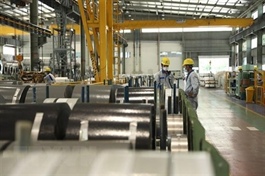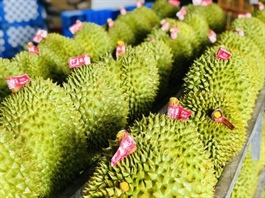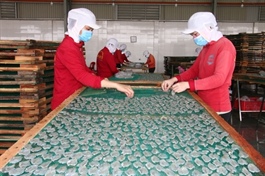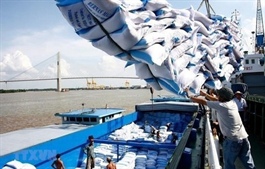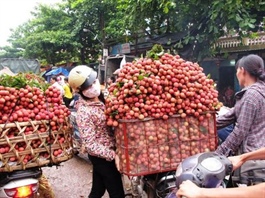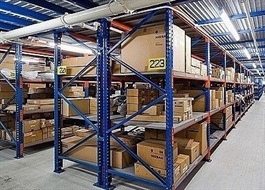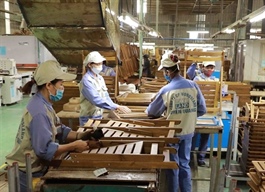Carmakers keen on extension of SCT pay
Carmakers keen on extension of SCT pay
The Ministry of Finance has sent to the Ministry of Justice a dossier on the extension of special consumption tax for domestically manufactured cars incurred from June-September 2023, until November 20.

The ministry’s proposal to extend the special consumption tax (SCT) payment period is expected to give a boost to the vehicle market, and create better conditions for cars manufacturers across the country.
Currently, there are 12 vehicle manufacturing and assembling enterprises that could benefit from the extension (see box). Thanks to the support from the government policies, the domestic auto industry has recovered markedly from the pandemic and other pressures, with growth and sales in 2022 much higher than in 2019.
However, output and sales of domestically manufactured cars are decreasing. In October 2022, the output was 25,571 vehicles and the corresponding SCT was $169 million. In November, the output decreased to 23,658 vehicles, and the corresponding SCT was $148 million.
In December 2022, the amount of SCT incurred was $140 million; in January 2023, the amount was only $63 million. The Ministry of Finance (MoF) has yet to announce SCT collected in recent months.
Moreover, the vehicle manufacturing and assembling market is struggling with numerous challenges, according to the people’s committees of Quang Nam and Ninh Binh provinces and the Vietnam Automobile Manufacturers’ Association, including rising interest rates, low credit limits arising in the fourth quarter and struggling financial and credit markets in 2023.
“To overcome these challenges, the people’s committees of Quang Nam and Ninh Binh, and associations and businesses must continue to support car manufacturers and assemblers enterprises to recover and develop as necessary,” said a MoF representative.
What is more, after the extension period expires, car manufacturers must pay the full tax amount into the state budget. Specifically, for cars with fewer than nine seats, the SCT may be 35-60 per cent for 1.5-3 litres cylinder capacity, and 90-130 per cent for vehicles with nine seats or more.
Vu Tan Cong, deputy director at Vietnam Automobile Industry and Trading Business Consulting, explained that buses with 24 seats or fewer, transport motor vehicles with at least two seat rows, and passenger cars are subject to the tax.
“The SCT will be paid by consumers. Car importers and/or manufacturers will collect these SCTs from the customers on behalf of the tax authority, when finished vehicles are sold,” Cong said.
However, under the current regulations on SCT, completely knocked down (CKD) kit importers and manufacturers have to pay SCT of completely built up (CBU) automobiles and CKD kits when they are imported.
To complete these, importers and manufacturers need to arrange a certain amount of finance to pay SCT for the importing of CKD kits and CBU automobiles.
“It can take car importers and manufacturers six months or more to sell their finished vehicles to collect SCTs,” Cong said, “This creates financial burdens on importers and manufacturers. It becomes more serious when the sales of finished products slow down and a big quantity of finished vehicles are left in stock.”
According to the MoF, it is expected that the average amount of SCT on domestically manufactured and assembled cars per month in 2023 will be about $113-122 million. The total SCT on domestically manufactured and assembled cars in the next four months will be around $452-487 million.
Earlier, the government created three decrees related to extending SCT payment to support production and business.
As of March 15, the total amount of delayed SCT applied by the 12 manufacturers was $417.5 million, of which $385.7 million has already been paid to the state budget. As of April 21, the SCT amount of the 12 manufacturers was $186 million, with $157.5 million already paid.



